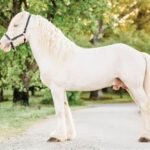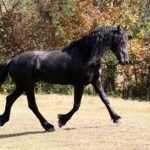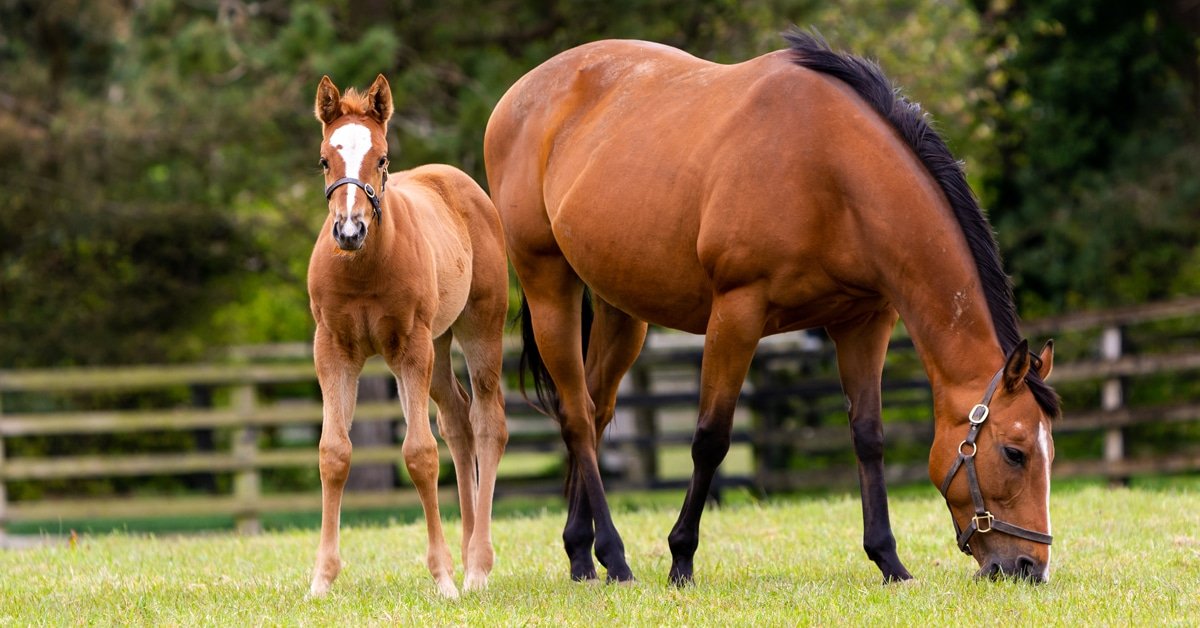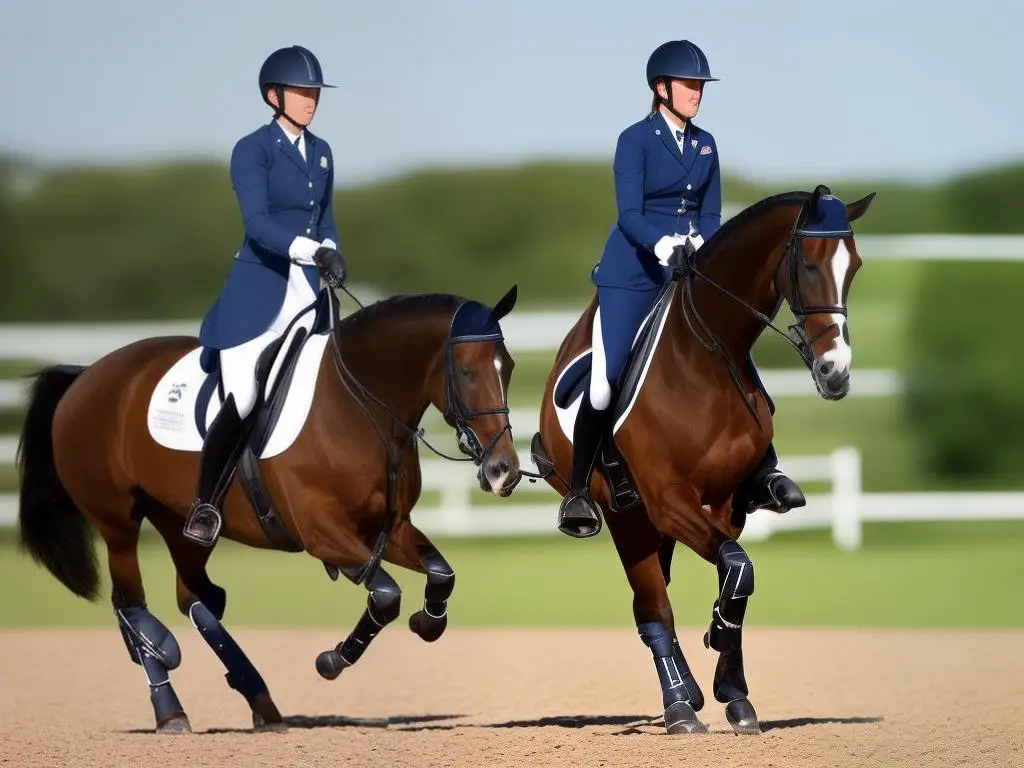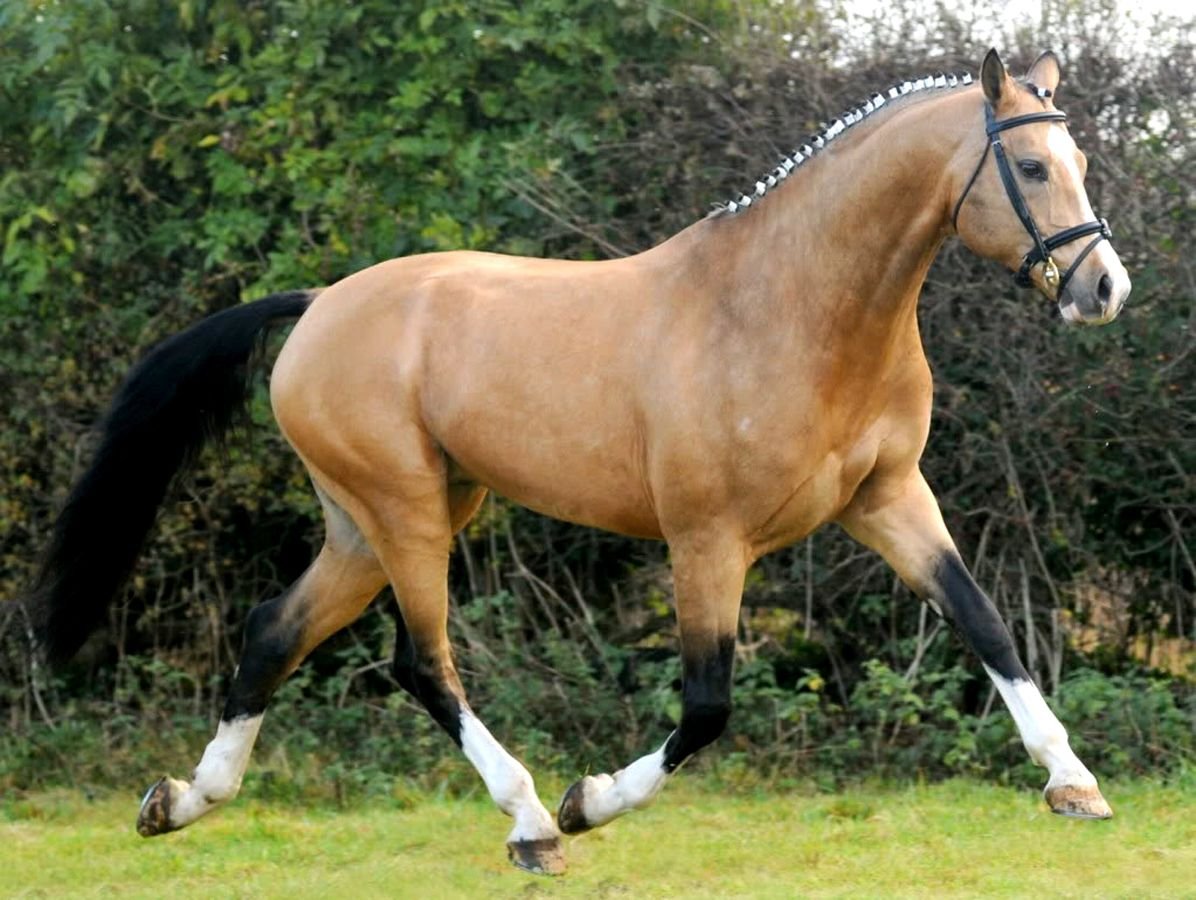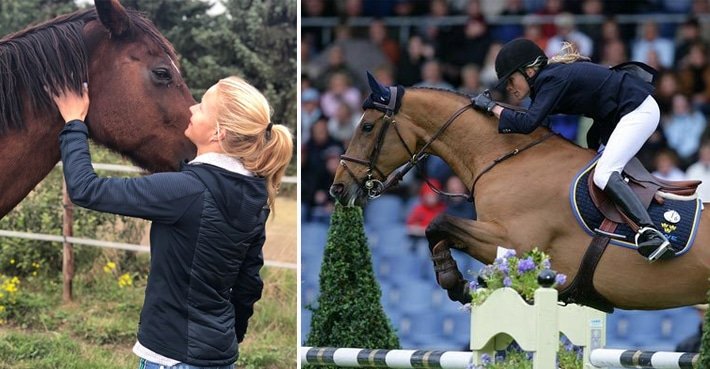Warmblood horses are widely recognized for their athleticism, intelligence, and versatility, making them popular choices for competitive riders in disciplines such as dressage, show jumping, and eventing. But what about recreational riders—those who ride for leisure, exercise, or as a hobby rather than for competition? Are warmbloods suitable for casual equestrians who may not engage in rigorous training but still want a reliable and enjoyable riding partner?
In this article, we explore whether warmbloods are appropriate for recreational riders. By examining their temperament, rideability, and overall care needs, we’ll help you determine if a warmblood is the right choice for your recreational riding activities.
1. Temperament: A Key Factor for Recreational Riders
When it comes to choosing a horse for recreational riding, temperament plays a crucial role. Warmbloods are generally known for their calm and trainable nature, making them adaptable to various disciplines and rider levels. However, their temperament can vary depending on the individual horse and its breeding.
Warmblood Temperament Characteristics:
- Gentle and Willing: Many warmbloods are eager to please and have a calm demeanor, which can make them enjoyable companions for riders of all levels, including recreational riders. Their willingness to work with their riders makes them particularly well-suited to leisure riding.
- Trainable and Responsive: Warmbloods are intelligent horses, meaning they tend to pick up cues quickly and are often responsive to their rider’s commands. This can be a benefit for recreational riders who want a horse that is easy to communicate with, even without the intensive training required for competitive riding.
- Affectionate and Social: Many warmbloods enjoy human interaction and develop strong bonds with their owners. This makes them a good choice for riders who want a horse with a friendly disposition that can be trusted for leisurely rides.
However, some warmbloods may have higher energy levels or need more structured work, which could require an experienced rider or additional training to ensure they remain well-mannered and suitable for recreational purposes.
2. Rideability and Versatility
One of the primary reasons warmbloods excel in competitive riding is their exceptional rideability and versatility. These horses are bred for athleticism and are often comfortable at various gaits, making them suitable for a range of activities, from casual trail riding to light dressage work.
Benefits for Recreational Riders:
- Smooth Gaits: Warmbloods tend to have smooth and comfortable gaits, such as a well-balanced trot and canter, which makes them enjoyable to ride for longer periods, even for less experienced riders.
- Adaptability: These horses are highly adaptable to different riding styles. Whether you’re riding in an arena, going for a trail ride, or simply enjoying a light dressage session, a warmblood can accommodate a variety of activities. This versatility is appealing to recreational riders who may engage in different types of riding over time.
- Calmness in New Environments: While some warmbloods can be sensitive or high-strung, many are known for their calm and composed nature, especially in familiar environments. This quality makes them a reliable choice for recreational riders who may not ride regularly or in highly structured settings.
3. Suitability for Beginners
Recreational riders can range from beginners to more experienced equestrians, and many are wondering whether warmbloods can be suitable for novice riders. While warmbloods tend to be more advanced in their training, there are several factors that make them appropriate for beginners under the right circumstances.
Considerations for Beginners:
- Gentle, Reliable Nature: For riders with some experience, a warmblood with a gentle, steady temperament can be a great choice for relaxed riding. However, for absolute beginners, it’s important to select a warmblood that is specifically trained to be calm and reliable in a variety of situations.
- Proper Training: Even though many warmbloods are naturally trainable and cooperative, it’s essential that the horse has had the proper foundational training to ensure they are safe for beginner riders. An experienced instructor or trainer should guide new riders when selecting and working with a warmblood.
- Horse Age and Experience: Young or untrained warmbloods may be more energetic or excitable, which may not be the best fit for novice riders. Older, well-trained warmbloods are often ideal for recreational riders, as they are likely to have the experience and calmness that make them enjoyable to ride.
4. Care and Maintenance Needs
Warmbloods are a large breed of horse, and like all horses, they require specific care to remain healthy and sound. While they are generally hardy and resilient, their athletic nature can sometimes make them prone to joint or hoof issues, especially if not properly cared for.
Considerations for Recreational Riders:
- Routine Grooming: Regular grooming is important for all horses, including warmbloods, to maintain their coat and overall health. However, since recreational riders may not ride daily, it’s important to keep up with grooming, hoof cleaning, and checking for injuries, even if you’re not riding frequently.
- Exercise and Activity: Recreational riders may not engage in daily training sessions, so it’s essential to ensure that your warmblood gets regular exercise, even on days when you’re not riding. This can include turnout time, ground work, or gentle lunging to keep the horse fit and healthy.
- Diet and Nutrition: Warmbloods, like all horses, require a balanced diet to maintain their energy levels and overall health. It’s important to work with a vet or nutritionist to ensure that your horse’s diet supports their activity levels and health needs, whether they are being ridden regularly or not.
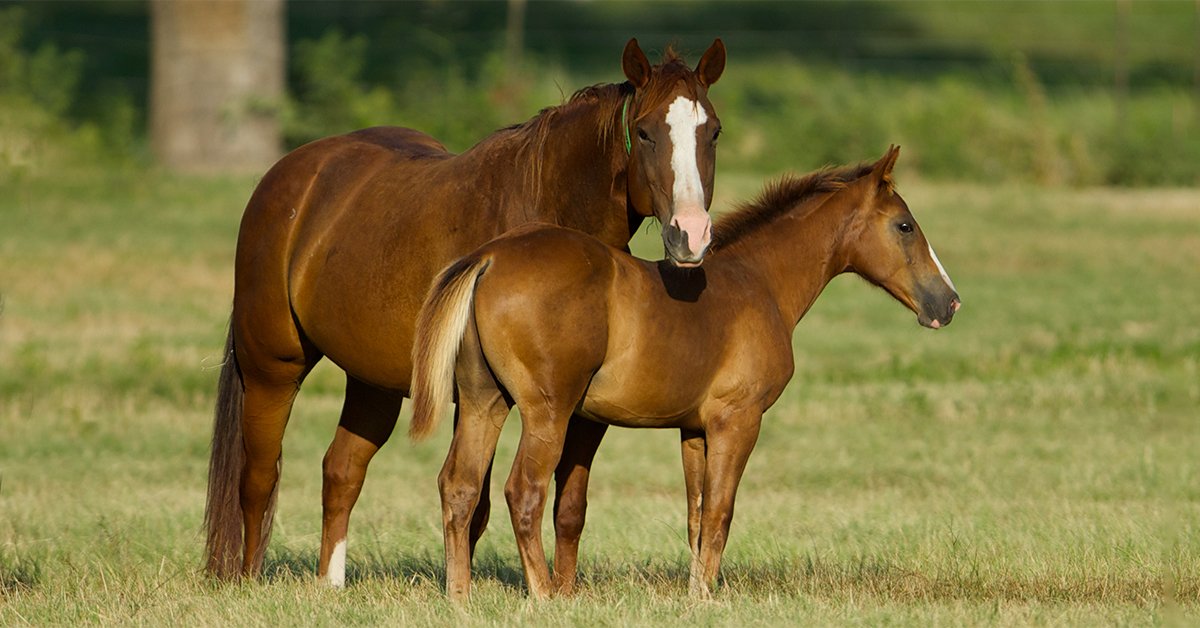
5. Cost Considerations for Recreational Riders
While warmbloods are an excellent choice for competitive riders, they can also come with a higher price tag. Their breeding, training, and overall care requirements often result in a higher cost compared to other horse breeds. Recreational riders may need to consider their budget before committing to a warmblood, as their maintenance costs can be more substantial than those of more typical leisure horses.
Budgeting for Warmbloods:
- Initial Purchase Price: Warmbloods bred for competition can be quite expensive, but there are also more affordable options available, particularly for those without championship bloodlines. It’s important to find a horse that matches both your budget and your riding needs.
- Ongoing Expenses: The costs of feeding, grooming, veterinary care, and hoof care are standard for all horses, but the higher energy and training needs of some warmbloods can increase these expenses. It’s important to budget for these ongoing costs as part of your decision to own a warmblood for recreational riding.
Conclusion
Warmbloods can indeed be suitable for recreational riders, particularly those with some experience or an interest in pursuing a variety of equestrian activities. Their calm temperament, smooth gaits, and versatility make them a reliable and enjoyable choice for leisure riding, whether you’re interested in trail rides, light dressage, or simply spending time with your horse.
However, it’s essential to select the right warmblood for your skill level, and to ensure that the horse has had appropriate training and is well-suited to relaxed, less structured riding. With the proper care, attention, and commitment, a warmblood can make an excellent companion for a recreational rider, providing years of enjoyment and companionship in the saddle.



